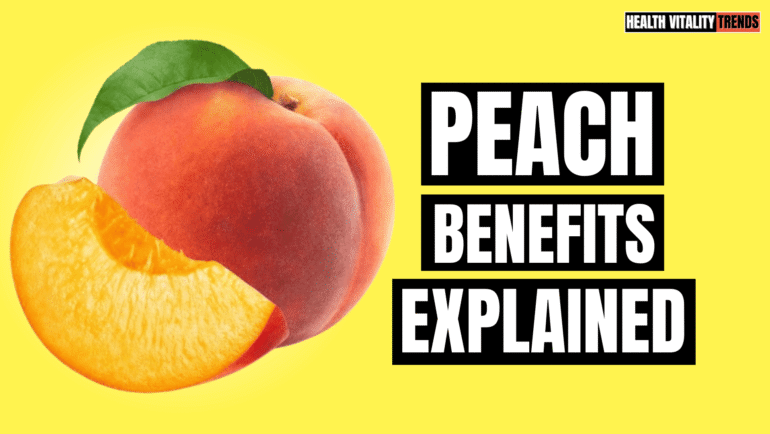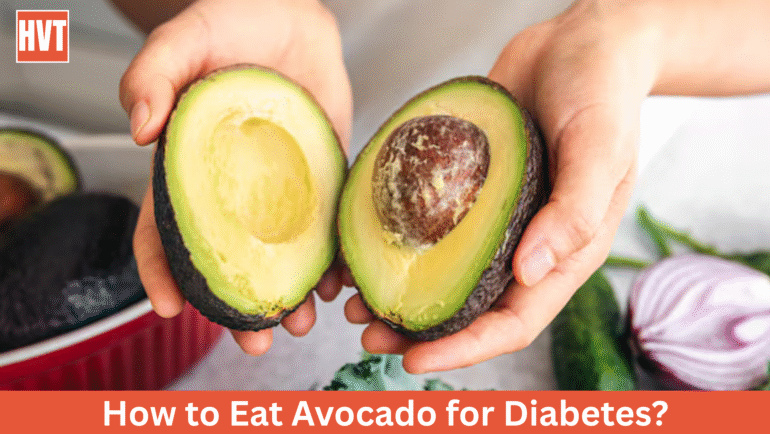
DATES: Natural Sweetener Trend & How They Replace Refined Sugar
Dates are one of the oldest cultivated fruits in the world, often called “nature’s candy” for their rich sweetness and high energy content.
Loved across the Middle East, North Africa, and beyond, dates are not just a tasty snack but also a powerhouse of essential nutrients.
From boosting energy instantly to supporting digestion and long-term heart health, these chewy delights are more than just a natural sweetener.
Let’s explore what makes dates so special.
What are Dates?
Dates are the fruit of the date palm tree (Phoenix dactylifera)[1], primarily grown in hot, arid regions such as the Middle East, North Africa, and parts of California.
They have been a staple food for thousands of years, often used in religious and cultural traditions.
There are many varieties, including Medjool, Deglet Noor, and Barhi, each differing slightly in size, sweetness, and texture.

What Does Dates Taste Like?
Dates have a sweet, caramel-like flavor with a soft and chewy texture. Fresh dates are moist and syrupy, while dried dates have a more concentrated sweetness with a firmer bite.
Many people compare the taste to honey or brown sugar, making them a natural substitute for refined sugar in recipes.
Dates Nutrition Facts
Here’s the nutrition breakdown for 100 grams (3.5 oz) of pitted dates (USDA)[2]:
| Nutrient | Amount per 100 g |
|---|---|
| Calories | 277 kcal |
| Carbohydrates | 75 g |
| Dietary Fiber | 7 g |
| Sugars | 66 g |
| Protein | 2 g |
| Fat | 0.2 g |
| Potassium | 696 mg |
| Magnesium | 54 mg |
| Iron | 0.9 mg |
| Vitamin B6 | 0.2 mg |
Explanation: Dates are high in natural sugars, making them an excellent quick energy source. They are also packed with fiber, which supports digestion, and rich in potassium and magnesium, which are crucial for heart and muscle function. Despite their sweetness, they are nutrient-dense and provide more than just empty calories.
Health Benefits of Dates
1. Cultural and Medicinal Use
In Middle Eastern traditions, dates are eaten at iftar during Ramadan to break the fast, providing quick energy and replenishing essential nutrients.
2. Natural Energy Booster
Rich in natural glucose, fructose, and sucrose, dates provide instant energy, making them a popular pre- and post-workout snack.
3. Supports Digestive Health
With 7 g of fiber per 100 g, dates promote healthy bowel movements and may help prevent constipation.[3]
4. Rich in Antioxidants
Dates contain polyphenols, carotenoids, and flavonoids that help fight oxidative stress, reducing the risk of chronic diseases like cancer and heart disease.[3]
5. Promotes Heart Health
High potassium and low sodium levels make dates beneficial for controlling blood pressure and supporting cardiovascular health.[3]
6. Bone and Muscle Support
Magnesium, calcium, and phosphorus in dates contribute to stronger bones and better muscle function over the long term.
How to Eat Dates
- As a snack – Eat them plain for a quick energy boost.
- Stuffed – Fill with almonds, walnuts, or cheese for added nutrition.
- Smoothies – Blend into shakes for natural sweetness.
- Baking – Use as a sugar alternative in cakes, muffins, or energy bars.
- Cultural dishes – Dates are used in Middle Eastern desserts like ma’amoul or paired with coffee.
How to Store Dates to Keep Them Fresh
- Fresh dates – Store in the refrigerator in an airtight container for up to 2 months.
- Dried dates – Keep in a cool, dry place in sealed packaging for up to 1 year.
- To extend freshness, dates can also be frozen for over a year without losing taste or texture.

Possible Side Effects and Precautions
Side Effects
- High Sugar Content – Dates are calorie-dense and may contribute to weight gain if consumed excessively. (USDA)[2]
- Digestive Discomfort – Eating too much may cause bloating or diarrhea due to high fiber.
- Allergic Reactions – Rare, but some people may develop allergies to date fruit or pollen.
Precautions
- Diabetics should monitor portion sizes, as dates have a high glycemic load.
- People on weight loss diets should eat dates in moderation to avoid calorie overload.
- Those with digestive sensitivity should start with small portions.
- Children should avoid whole dates due to choking hazards.
Fruits Similar to Dates
- Figs – Naturally sweet with a soft, seedy texture.
- Prunes (dried plums) – Rich in fiber and beneficial for digestion.
- Raisins – Dried grapes with concentrated sugars.
- Apricots (dried) – Slightly tart but packed with nutrients.
Common FAQs About Dates
1. Are dates good for diabetes?
Dates have a low glycemic index but are high in natural sugar. They can be eaten in moderation with medical advice.
2. How many dates should I eat per day?
2–4 dates per day are generally considered healthy for most people.
3. Can dates help with weight loss?
Yes, if eaten in moderation. The fiber keeps you full, but overeating can lead to excess calorie intake.
4. Are Medjool dates healthier than regular dates?
Medjool dates are larger, juicier, and slightly higher in calories but provide similar nutrients.
Conclusion
Dates are more than just a natural sweetener; they are a nutrient-rich superfruit with powerful short- and long-term health benefits. From improving digestion to boosting energy and supporting heart health, dates are a versatile addition to any diet. Whether eaten plain, stuffed, or used in recipes, enjoying dates in moderation can be a delicious and healthful choice.








